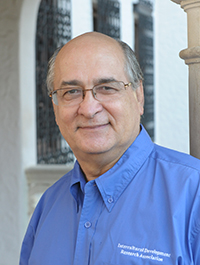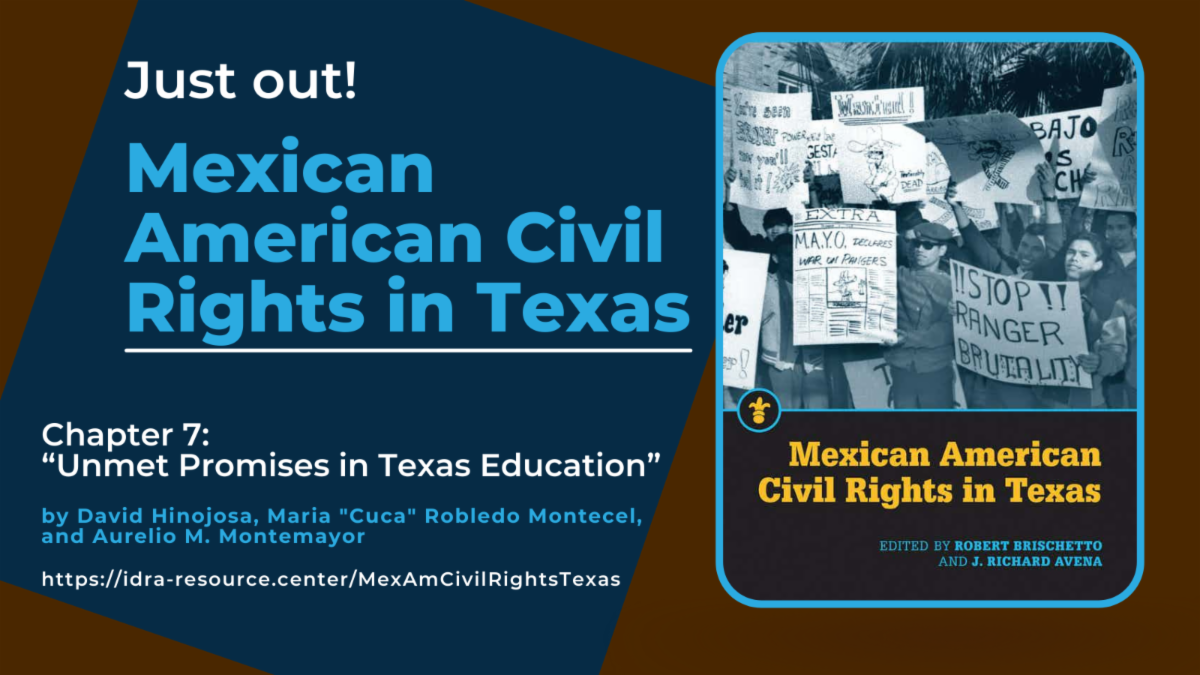• By Aurelio M. Montemayor, M.Ed. • Knowledge is Power • April 22, 2022 •
Families are reeling from the harsh blows of the pandemic and its impact on students’ academic growth. Compounding this are cultural attacks on curriculum and instruction and the burnout of our teachers.
At a time when students most need our care, we still see educators (regardless of ethnicity or race) seeing students through a deficit lens with assumptions that certain students aren’t college material or that their home language interferes with learning English or that families don’t care about the education of their children – none of which is supported by research. The harm of past prejudice and discrimination is inherited by the administrator who states, “I succeeded without bilingual education and so should these children.”
In such environments, Angela Valenzuela documented in Subtractive Schooling: U.S.-Mexican Youth and the Politics of Caring, that second and third generation Chicanitos are still worse off than children of recent immigrants. Institutional and social biases nurture deep roots in children who have no memory of a wonderful, Spanish-speaking culture and are immersed in, and imposed by, an English-speaking middle-class culture.
I spoke recently at a conference celebrating 50 years of Latino studies at the University of Texas at Austin. I discussed the chapter, “Unmet Promises in Texas Education,” that I co-wrote with Dr. María “Cuca” Robledo Montecel and David Hinojosa for the new book, Mexican American Civil Rights in Texas: 1968-2018.
We reflected on the student walkouts in the late 1960s and early 1970s that modeled the power of student voice to improve education. High school students across Texas protested the forbidding of speaking Spanish in school, the lack of Mexican American history and literature, unfair school funding and many other discriminatory practices.
Similarly, students today are speaking out calling for strong education that does not whitewash history. As we have been sharing in Knowledge is Power over time, students are protesting against book bans, testifying for inclusive curriculum, documenting for state leaders their experiences with racial discrimination in school and researching peers’ mental health during COVID-19 closures.
We must act with courage seeking and encouraging student voices. Strategic collective action led by our youth can transform our schools into the safe places of learning, honoring all histories and cultures and facilitating the learning and academic achievement all children. We must listen!
[©2022, IDRA. This article originally appeared in the April 22, 2022, edition of Knowledge is Power by the Intercultural Development Research Association. Permission to reproduce this article is granted provided the article is reprinted in its entirety and proper credit is given to IDRA and the author.]


